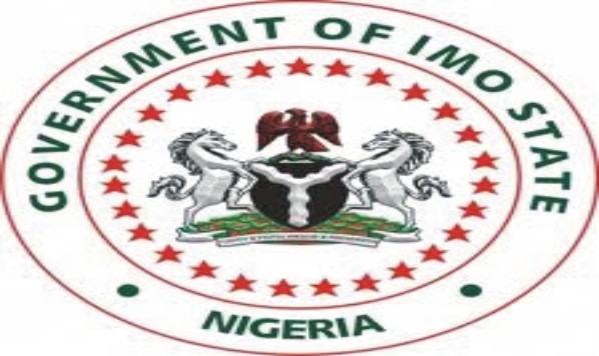Abuja – The leadership of the Nigeria Labour Congress (NLC) has started to mobilize for a nationwide strike should the Federal Government fail to reverse its sudden increase in electricity tariff and fuel pump price to the old rate.
The Central Working Committee (CWC) of the NLC took the decision on Wednesday, in Abuja, where it also gave a tentative date to begin the strike on September 28, 2020.
Labour argued that the government decision to hike prices of fuel products, including that of electricity came too sudden to Nigerians, especially with the effects of the COVID-19.
President of NLC, Ayuba Wabba also confirmed to reporters that the National Executive Council (NEC) of the Union would meet on Tuesday, 23 September to ratify the decision to proceed on strike.
“Yes, we met to discuss the twin challenge of the increases in electricity tariff and fuel pump price and clearly speaking we have looked at the impact particularly on workers that earn wages and we have looked at how it has eroded the purchasing power of workers and most importantly, how it has eroded the gains of the N30,000 minimum wage.
“Many workers have not even earned it; of utmost importance is the fact that many people are in pains now.
“Certainly, those who will be most impacted are those on Category A; which means they have increased the tariffs on the manufacturers and invariably they (manufacturers) will transfer the costs to the consumers.
“That is why the cost of goods and services are also going up, local Nigerian rice is going for more than 30,000 per bag.
“We have also discussed at the meeting with the government yesterday to find out whether there was anything on the table and we told them clearly there was nothing on the table.
“And because of all of these people thought that certainly, these are issues that we must respond to. Certainly, it is going to put many people into poverty, especially the working poor.
“So it was decided that we issue a statutory two weeks’ notice to reverse those decisions and in our own case you know that the NEC has to also sanction it.
“So we summoned a NEC to have a meeting on Tuesday 22nd for NEC to meet, for the action that is being proposed for the 28th of this month for our affiliate Unions,” Wabba stated.
The latest resolve by Labour comes as Minister of Labour and Employment, Chris Ngige convened a stakeholders’ meeting at the Presidential Villa, on Tuesday to also table the constraints faced by government part of which necessitated the increase.
Wabba repeatedly argued that the gains of the new minimum wage recently signed by President Muhammadu Buhari has been eroded.
“The question now is what do you have on the table to actually cushion the effect on workers and their families because they have been pushed to the wall. They are already enraged.
“Do you have anything for us so that we can say, ‘Yes, despite these challenges this is what I have for Nigerian workers that they can be able to have something that can cushion this effect for them?
“Already, the value of the minimum wage have been eroded. The purchasing power parity when you compare with all West African countries we are already on the ground. That is the reality. If Ghana compares their minimum wage with our own you will see their minimum wage.”
He accused the federal government of transferring the “inefficiency in the subsidy regime” to the consumers which they (consumers) have to pay through hike in price.
The NLC president urged the government to fix the nation’s refinery and stop lining the pockets of fuel through a fraudulent subsidy regime.
Wabba said: “I agree with Mr. President that subsidy is a fraud but do we address it or transfer it to the customers? That is where the issue is. We don’t need to transfer it to the customers.
“More than 90 countries of the world actually have minimum wage on this. Those are the issues that is biting very hard and workers and citizens are crying aloud that there is much burden on them.
“We have increased VAT, we have increased some taxes, we have increased now the fuel price and the tariff on electricity. An ordinary worker can’t pay those charges. In fact higher level officers are complaining seriously. This is the predicament we are in.
“Therefore let us also look for solutions. How do we mitigate this impact which is very pronounced on workers.
“Any time you increase the cost of petroleum product and electricity tariff they will transfer the cost to the consumer and therefore the cost of goods and services will go up. Clearly speaking, what we need to do is to protect these vulnerable group of people- the workers and the citizens,” he stated.
Welcome!Log into your account











